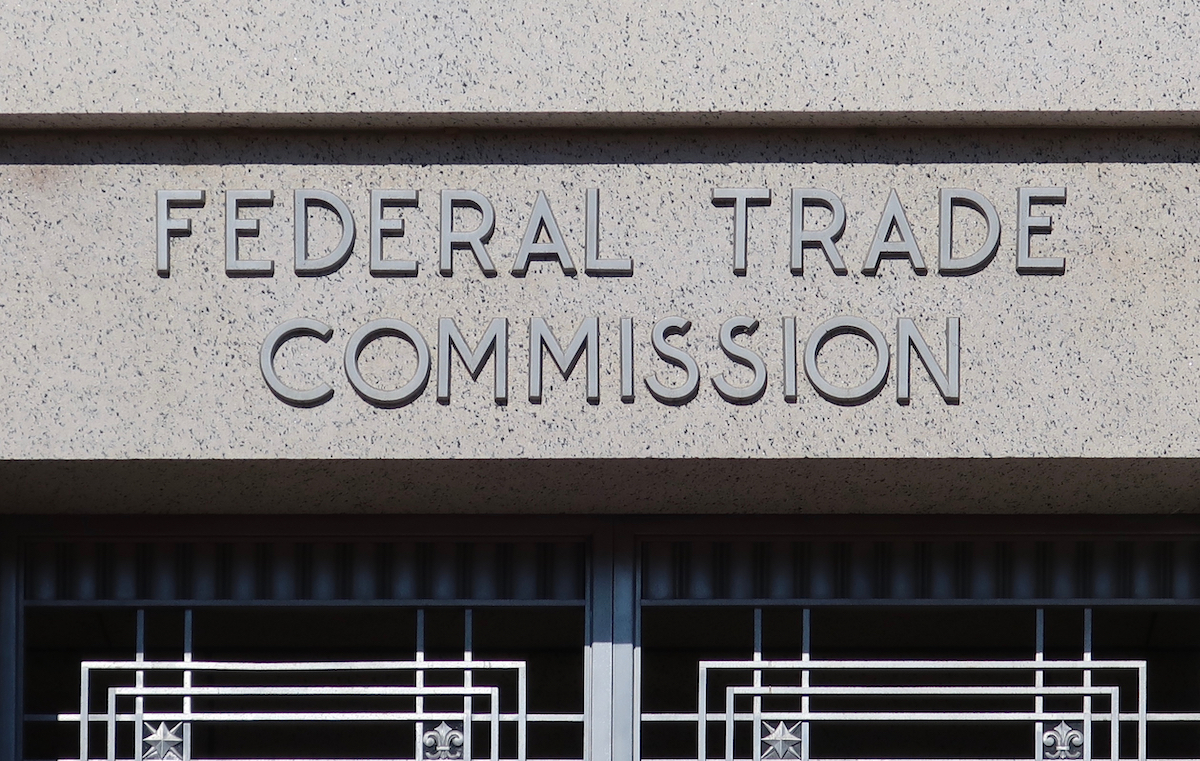
Lina Khan, chair of the Federal Trade Commission (FTC), hinted that the agency may consider weighing in on Particle Health’s antitrust lawsuit against Epic Systems, a major player in the electronic health records (EHR) industry. During a recent visit to southern Wisconsin, Khan was asked whether the FTC might step into the legal battle, which centers on allegations that Epic is monopolizing the EHR market and blocking competition.
Speaking to a reporter from Madison’s WKOW 27 News during a press conference focused on corporate consolidation in the grocery industry, Khan emphasized that the FTC is not currently involved in the lawsuit, which was brought by the health data startup Particle Health. However, she acknowledged that concerns about Epic’s practices had reached her radar, particularly from entrepreneurs and startups aiming to break into the healthcare technology sector.
“We’re not involved in that litigation, which is brought by a private company,” Khan stated. “But it’s actually something I had heard concerns about, especially among entrepreneurs and startups that were trying to enter the healthcare space,” she said, per WKOW 27 News.
Particle Health’s lawsuit, filed in September, accuses Epic of engaging in monopolistic practices by leveraging its dominance in the EHR market to stifle competition, particularly in the emerging payer platform sector. According to the 81-page lawsuit reviewed by Fierce Healthcare, Particle claims that Epic is actively blocking the exchange of patient data and using its influence to exclude rivals from the healthcare ecosystem.
Read more: Khan Advocates for Market Competition Amid Inflation Crisis
The lawsuit stems from tensions between the two companies that have been simmering since last spring. Particle Health contends that Epic has “used its position of dominance to worm its way to the core of the U.S. healthcare system and stamp out competition in a wide variety of interrelated markets,” thereby generating substantial profits for itself.
During her remarks in Wisconsin, Khan was also asked if the FTC would consider filing an amicus brief in the case, a move that would allow the agency to provide the court with its interpretation of antitrust law as it relates to the dispute. Such “friend of the court” briefs are often filed by the FTC when the outcome of private litigation could have significant implications for consumer rights or market competition.
“It’s too early for us to say,” Khan replied, according to WKOW 27 News.
The FTC chair also expressed concerns about the broader risks associated with large companies controlling vast amounts of sensitive health data, highlighting potential cybersecurity vulnerabilities.
“Another concern we’ve seen is that when you consolidate control over data, that can actually leave systems much more vulnerable to certain types of cyberattacks or other hacks that lead to systems really crashing,” Khan added, as reported by WKOW 27 News.
The case marks a significant chapter in the ongoing debate over data sharing and competition in the healthcare industry, with Epic at the center of a growing battle over how patient information is accessed and controlled. Whether the FTC decides to intervene in the lawsuit remains to be seen, but Khan’s comments suggest the agency is closely monitoring the issue.
Source: Fierce Healthcare
Featured News
China Summons Delivery Giants Over Unfair Competition Concerns
May 13, 2025 by
CPI
Judge Orders Sanctions Against Missouri for Noncompliance in Price-Fixing Probe
May 13, 2025 by
CPI
Confusion Reigns In AI Policy In US and Europe
May 13, 2025 by
CPI
EU Clears ADNOC’s $16.3 Billion Acquisition of Covestro
May 13, 2025 by
CPI
Spanish Antitrust Chief Says BBVA-Sabadell Merger Won’t Stifle Competition
May 13, 2025 by
CPI
Antitrust Mix by CPI
Antitrust Chronicle® – Mergers in Digital Markets
Apr 21, 2025 by
CPI
Catching a Killer? Six “Genetic Markers” to Assess Nascent Competitor Acquisitions
Apr 21, 2025 by
John Taladay & Christine Ryu-Naya
Digital Decoded: Is There More Scope for Digital Mergers In 2025?
Apr 21, 2025 by
Colin Raftery, Michele Davis, Sarah Jensen & Martin Dickson
AI In the Mix – An Ever-Evolving Approach to Jurisdiction Over Digital Mergers in Europe
Apr 21, 2025 by
Ingrid Vandenborre & Ketevan Zukakishvili
Antitrust Enforcement Errors Due to a Failure to Understand Organizational Capabilities and Dynamic Competition
Apr 21, 2025 by
Magdalena Kuyterink & David J. Teece